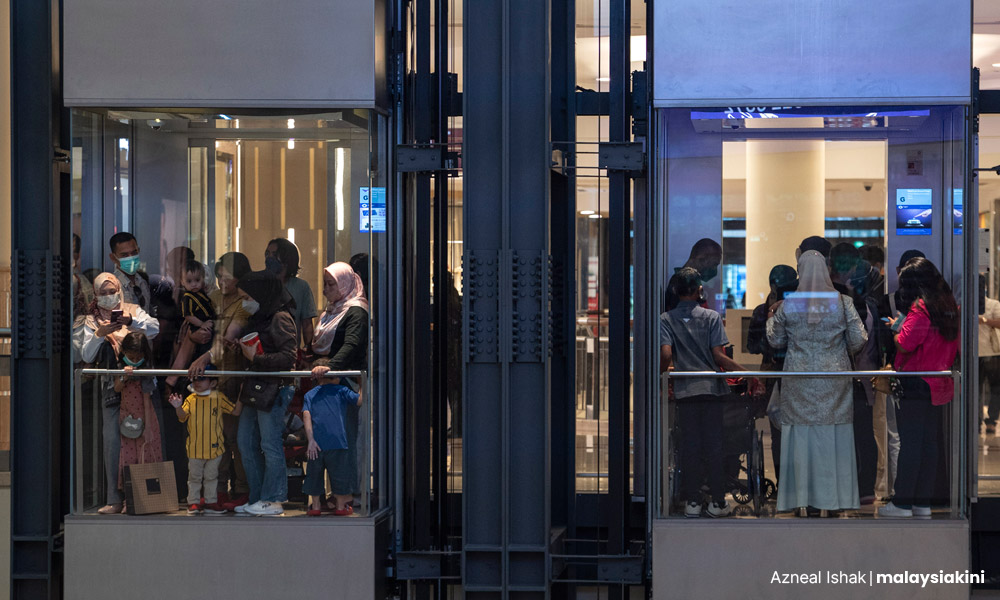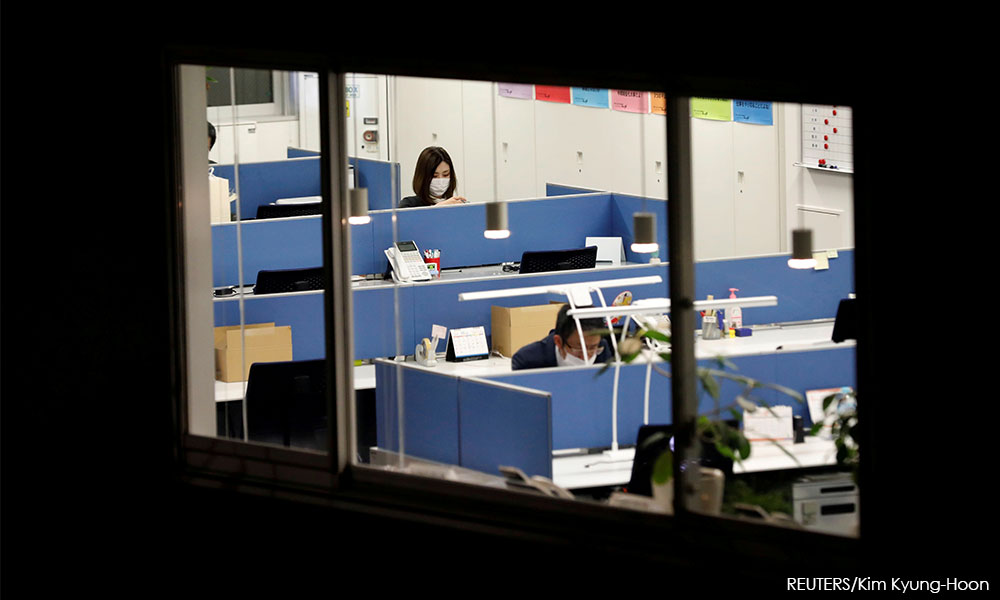When I was growing up, I felt tremendous jealousy towards my brother because I thought he was my parents’ favourite.
I thought my mother paid more attention to his likes and dislikes and made his favourite food more often than she did mine. Often when we both argued and broke pots while playing in the garden, I would end up being punished while he escaped with an apology.
My father was no different. He enjoyed spending more time with my brother, indulging in long conversations, while I watched them both from afar, feeling detached. They had a special bond which I yearned for.
I recall one time when I innocently asked my parents if my brother was their favourite - they assured me that they loved both of us equally. Soon after, I began noticing them walking on eggshells, making an extra effort not to display any kind of preferential treatment to my brother.
Deep down, I had always known that my brother is their favourite child. Even now at 48 years of age, I am still secretly jealous of him for being their number one.
However, I really appreciate the fact that my parents are very concerned about my feelings and are still trying very hard not to be seen as biased.

I have learned that almost everything in life is about favouritism. It is common for a mother to have a favourite child; for a brother to have a favourite sibling; for a teacher to have a favourite student; for a boss to have a favourite staff; for a leader to have a favourite subordinate.
It is human nature to have a favourite someone, as it is against human nature to treat everyone the same. However, when one is in a leadership role, it is very important for them not to be seen as biased. My parents, though they came from a humble background, understood this simple concept very well.
Favouritism at school
When I was 13, I signed up to represent my school in a poetry recital competition. My English teacher supported me, and we began rehearsing every day in preparation to face the school selection board.
Besides me, there was only one other girl, a senior student, who signed up for the competition. Apparently, this girl has been representing the school in the same competition for a couple of years. And she was the daughter of a teacher who happens to be the head of the selection board.
When the girl ended up being selected for the third consecutive year, my English teacher took it upon herself to make an official complaint to the school management. Although the girl was also good in her recital, my teacher argued that the selection panel could have been biased in their decision.
The school decided that the girl should be dropped from the selection. According to the school, whether there is actual favouritism does not matter, as long as the situation is able to make people believe there was preferential treatment.

The school felt that the head of the selection board should never have placed herself in a position where she would end up favouring her own daughter.
I ended up representing my school that year. In the following years, my school began practising an open system where every representative from every class was made compulsory to join the selection process. While every English teacher in the school sat on the selection board, the principal chaired the board herself.
Without any favouritism at play, new students were selected to represent my school every year. It somewhat inspired other students to also try their luck in other competitions. At the end of the day, my school ended up with a bigger pool of students exposed to various competitions.
Favouritism at work
A couple of months ago, upon hearing that a good friend of mine is looking for a social media content creator for her company, I texted her and expressed my interest. I thought she would be so glad to have me on board given my background.
However, she replied to my text message with a simple, “Let me think about it.”
I was taken aback. I did not know why she was reluctant to hire me then and there. After all, given our decade-plus friendship, I assumed she would know that she could trust me with any job-related responsibilities.

A few days later, I received a phone call from her. She thanked me for my interest but calmly informed me that she could not hire me.
“Although you will be the right person for the job, I don’t want our friendship to be seen as a reason I hired you because it will definitely affect the morale of my staff”.
Being rejected did hurt a little, I won’t lie. However, my friend’s reason for rejecting my application only made me respect her more as a leader in her company. This is exactly what leaders should do.
A leader should always check their decisions and behaviour patterns to ensure that their actions are not construed as biased.
Although favouritism is human nature, every leader must make a conscious effort to avoid every circumstance where they can be seen as giving preferential treatment to others, especially to those whom they are related to - by blood or friendship.
At the end of the day, leaders who practise favouritism cannot build a culture of trust. Their subordinates will not trust them, neither will the people at large. -Mkini
FA ABDUL is a multi-award-winning playwright and director in the local performing arts scene, a published author, television scriptwriter, media trainer and mother. Her ultimate mission in life is to live out of a small suitcase.
The views expressed here are those of the author/contributor and do not necessarily represent the views of MMKtT.



No comments:
Post a Comment
Note: Only a member of this blog may post a comment.